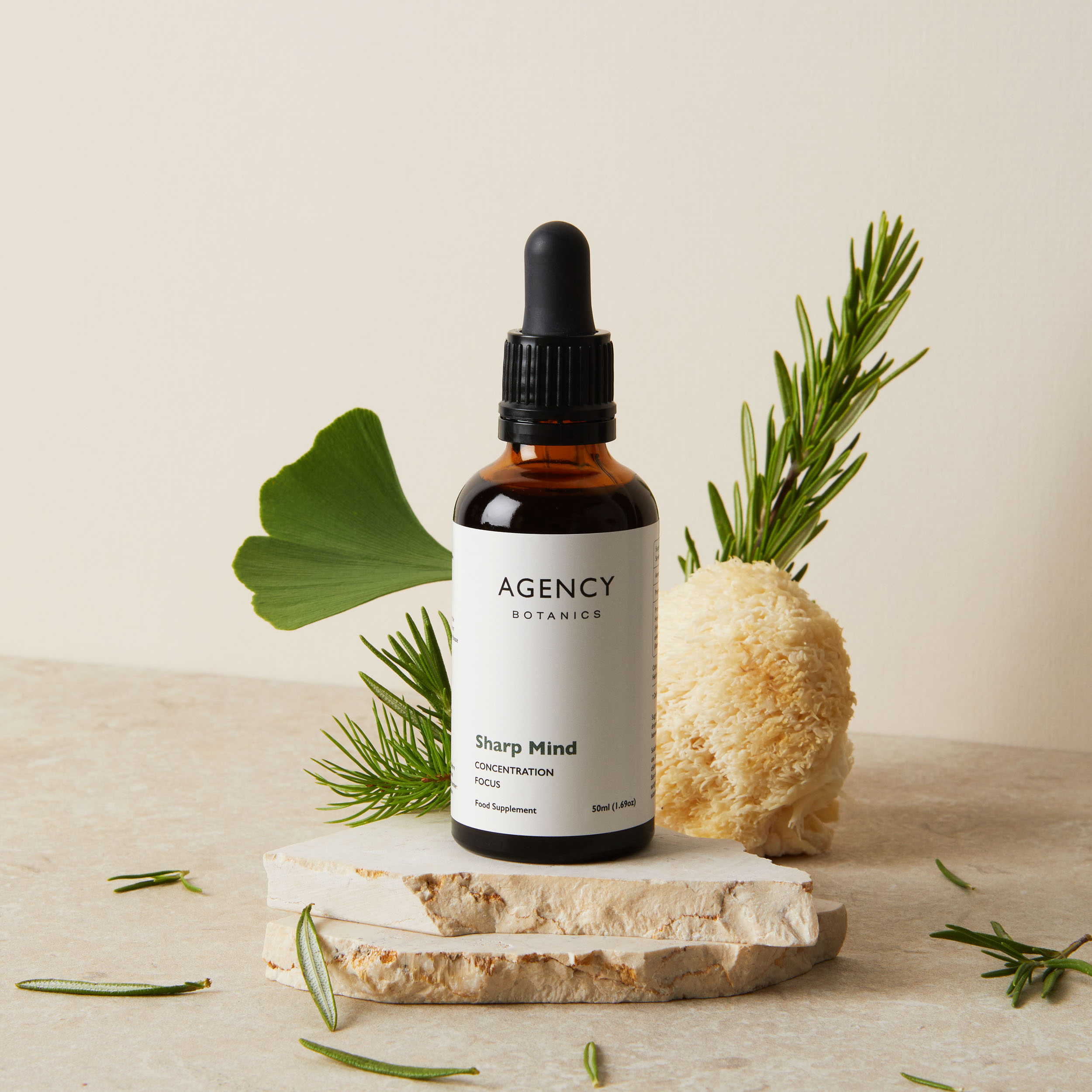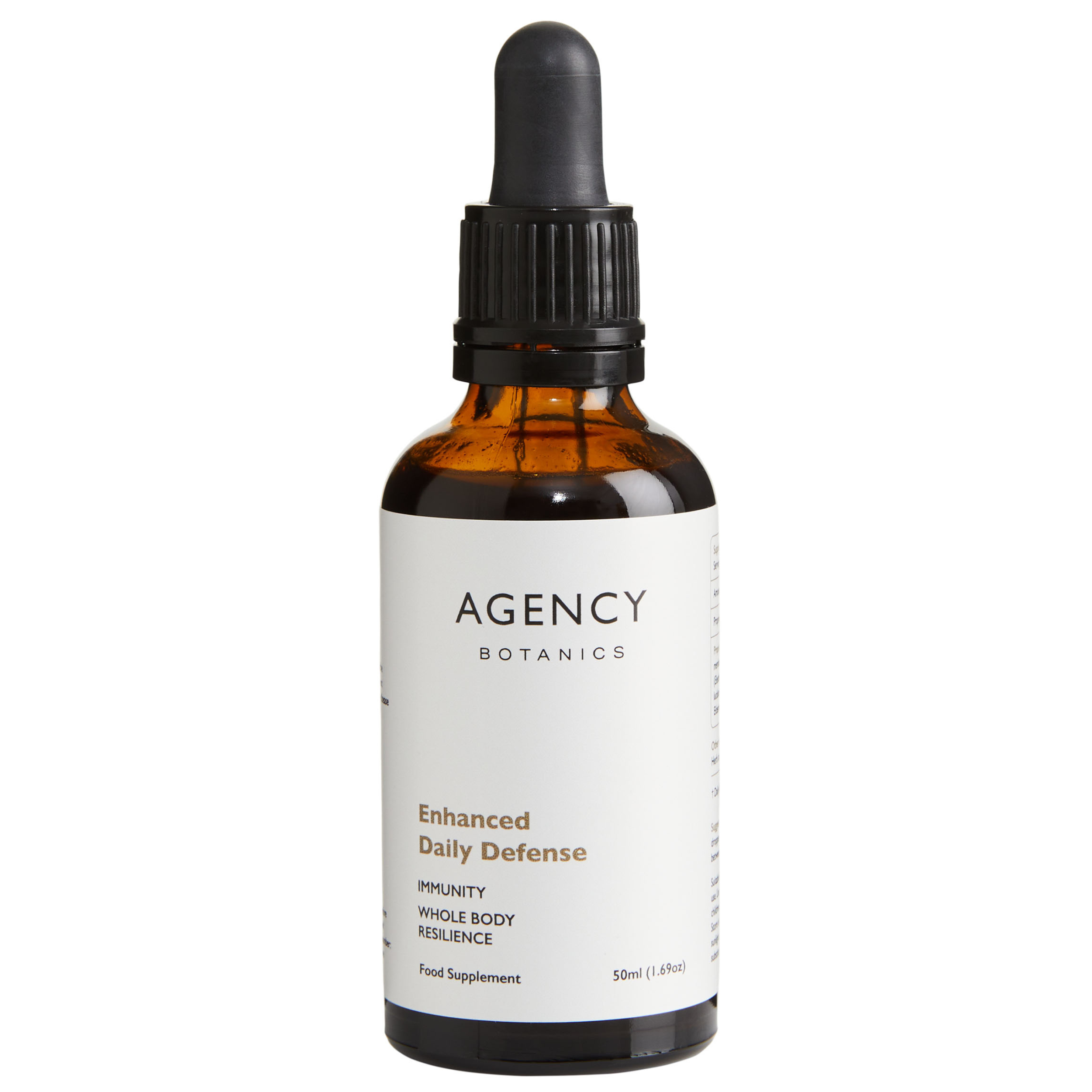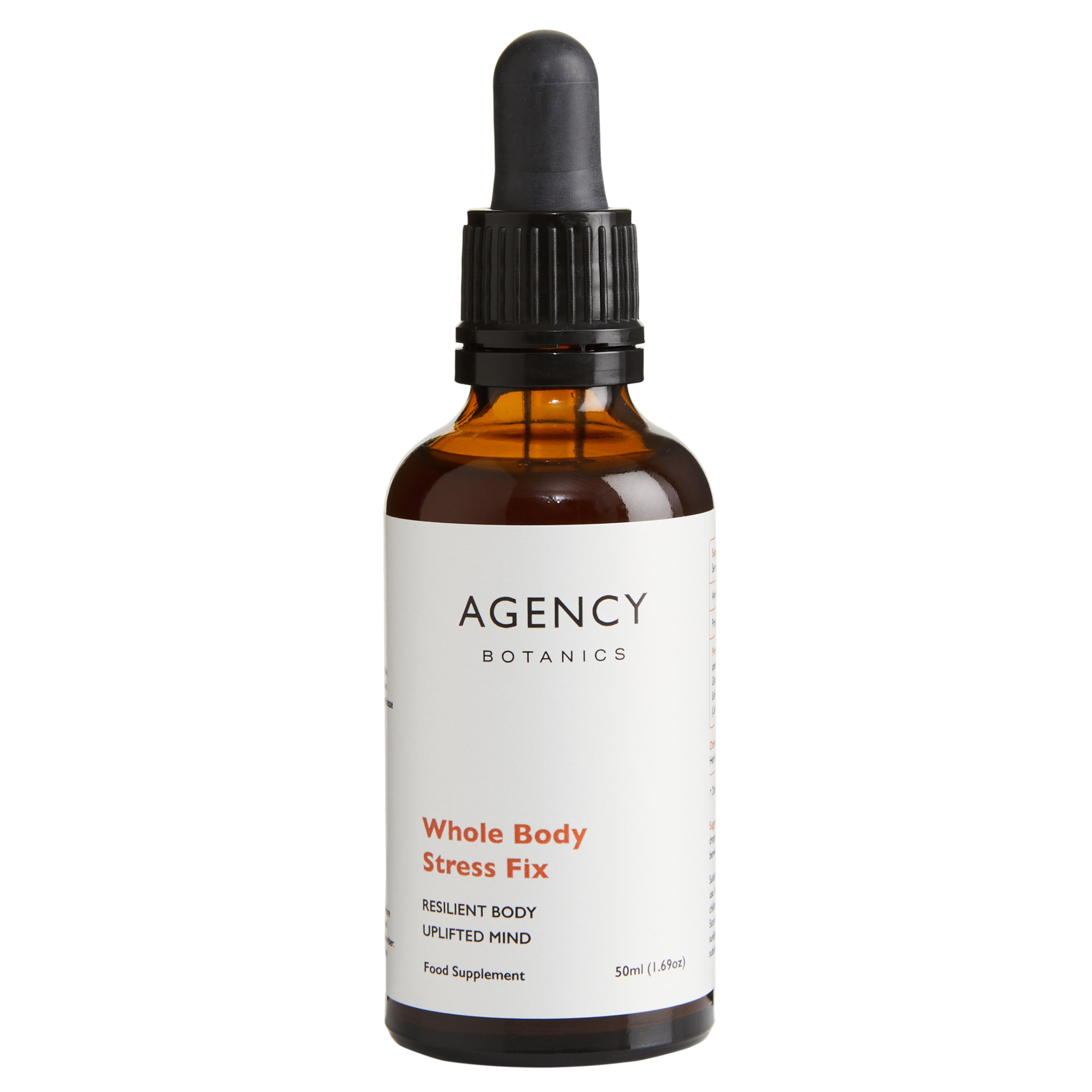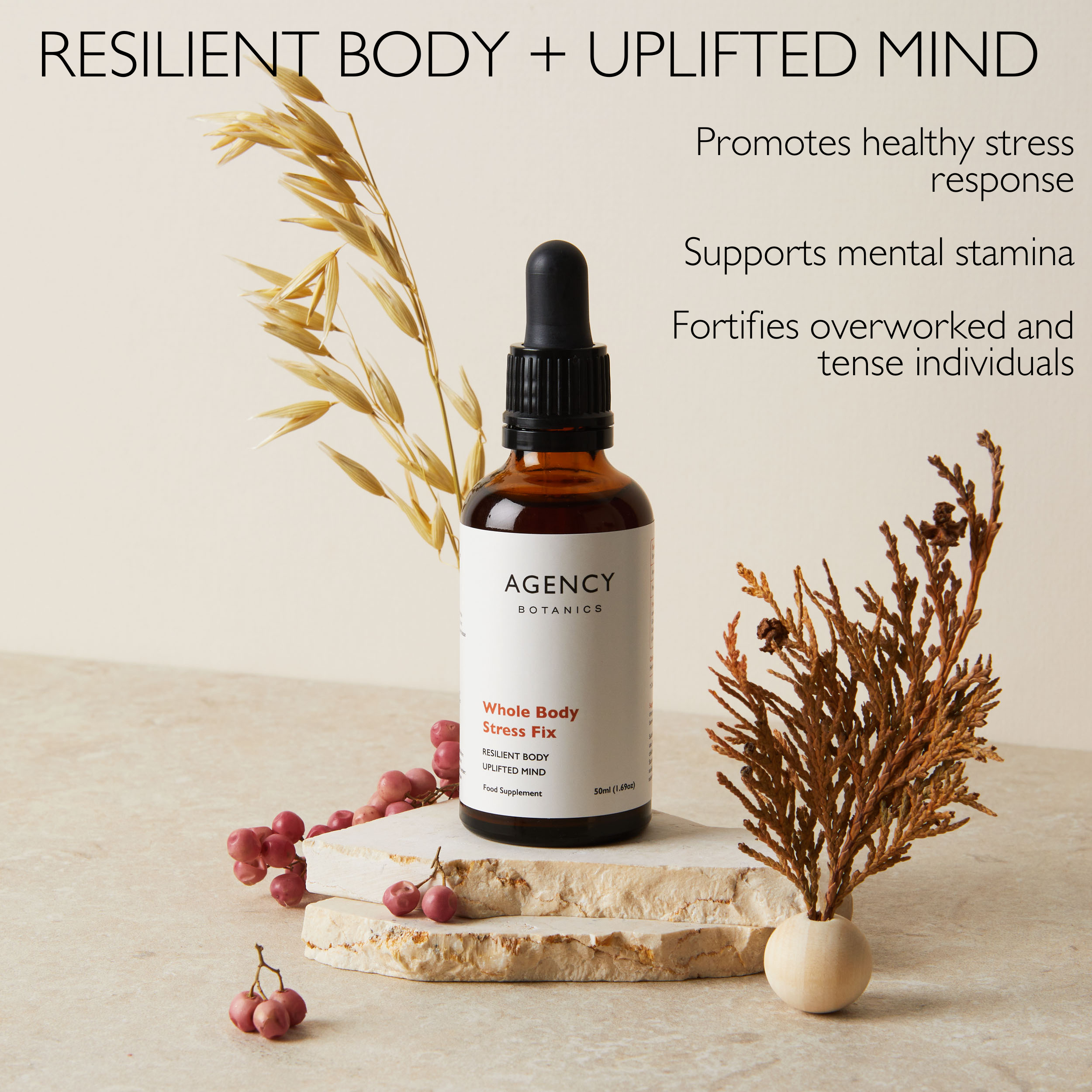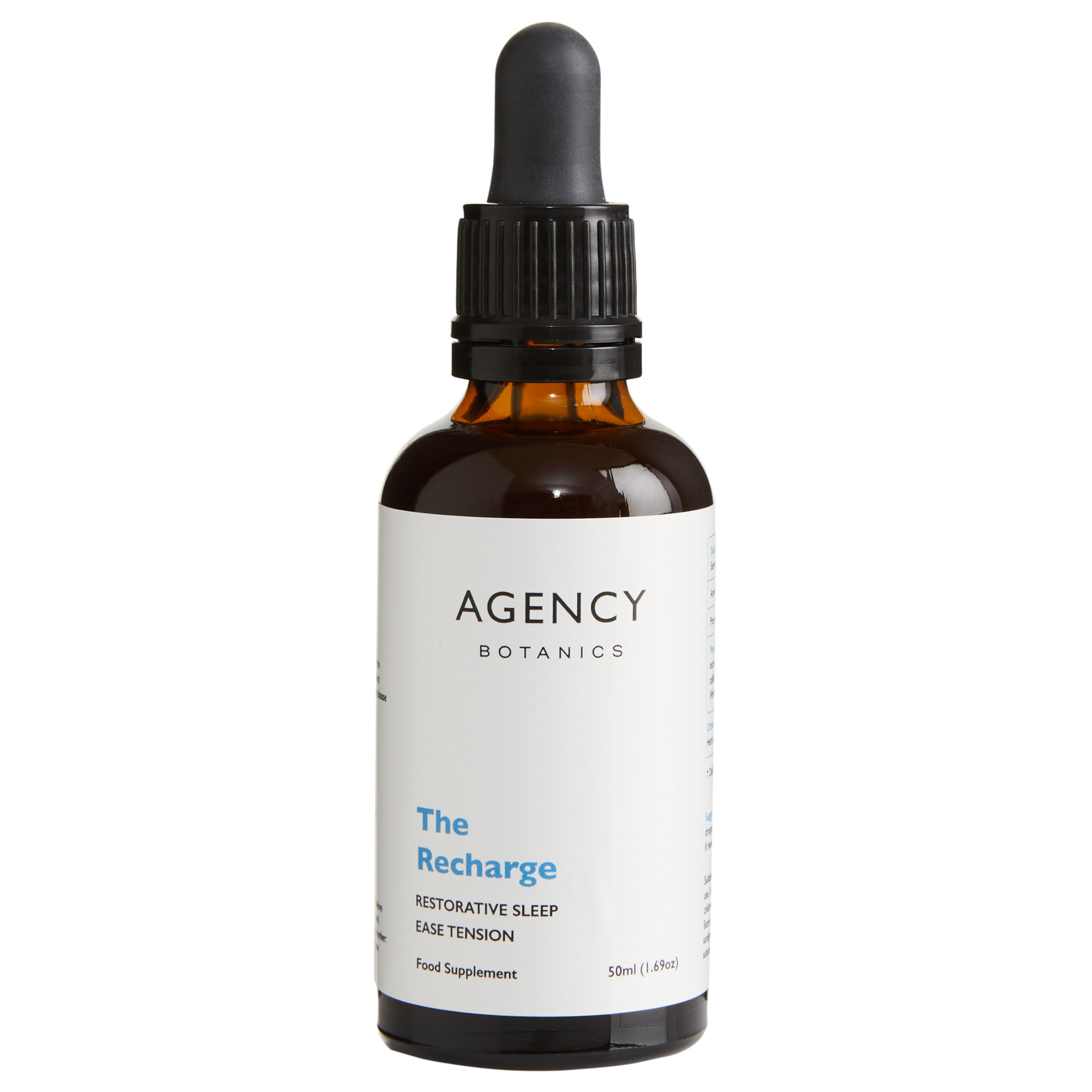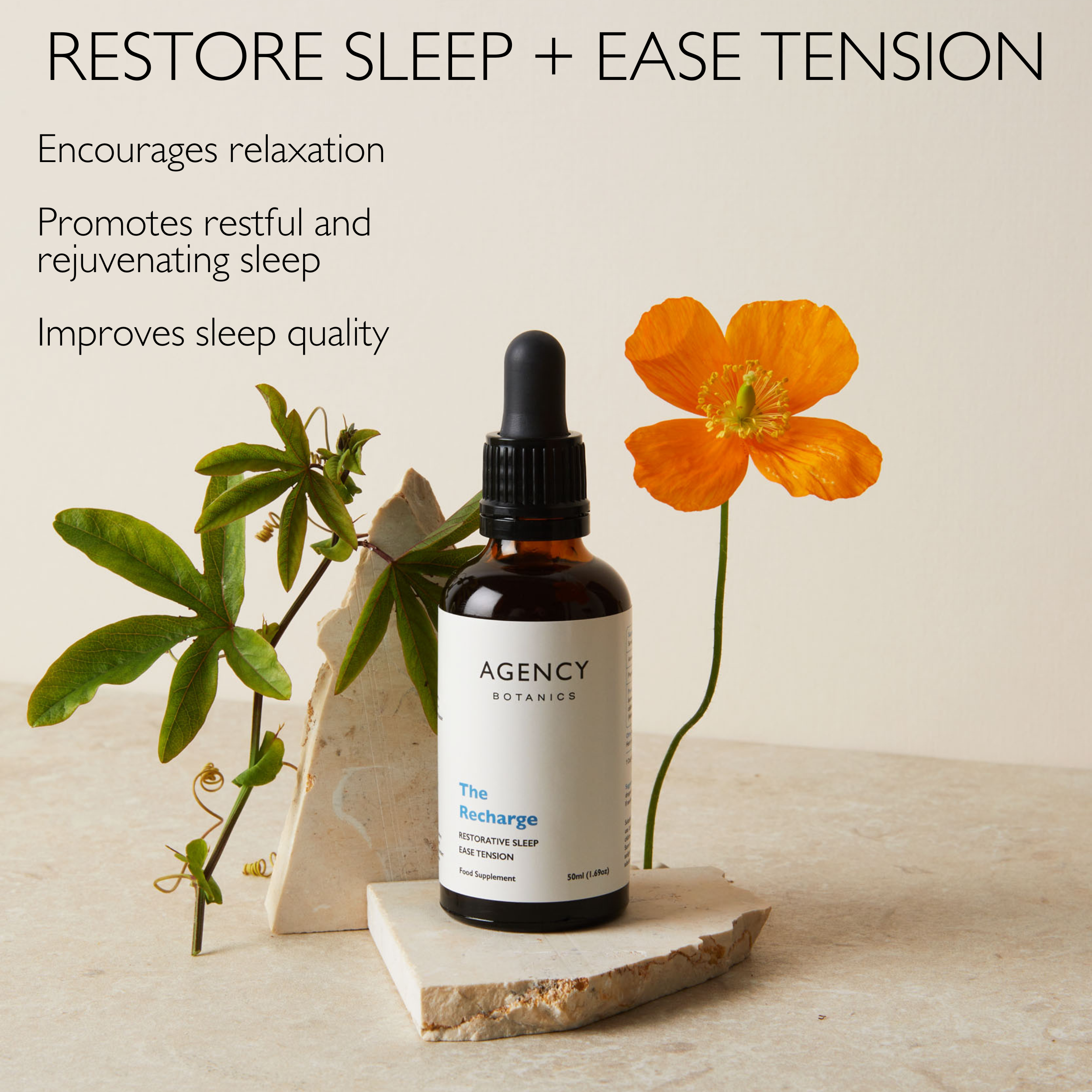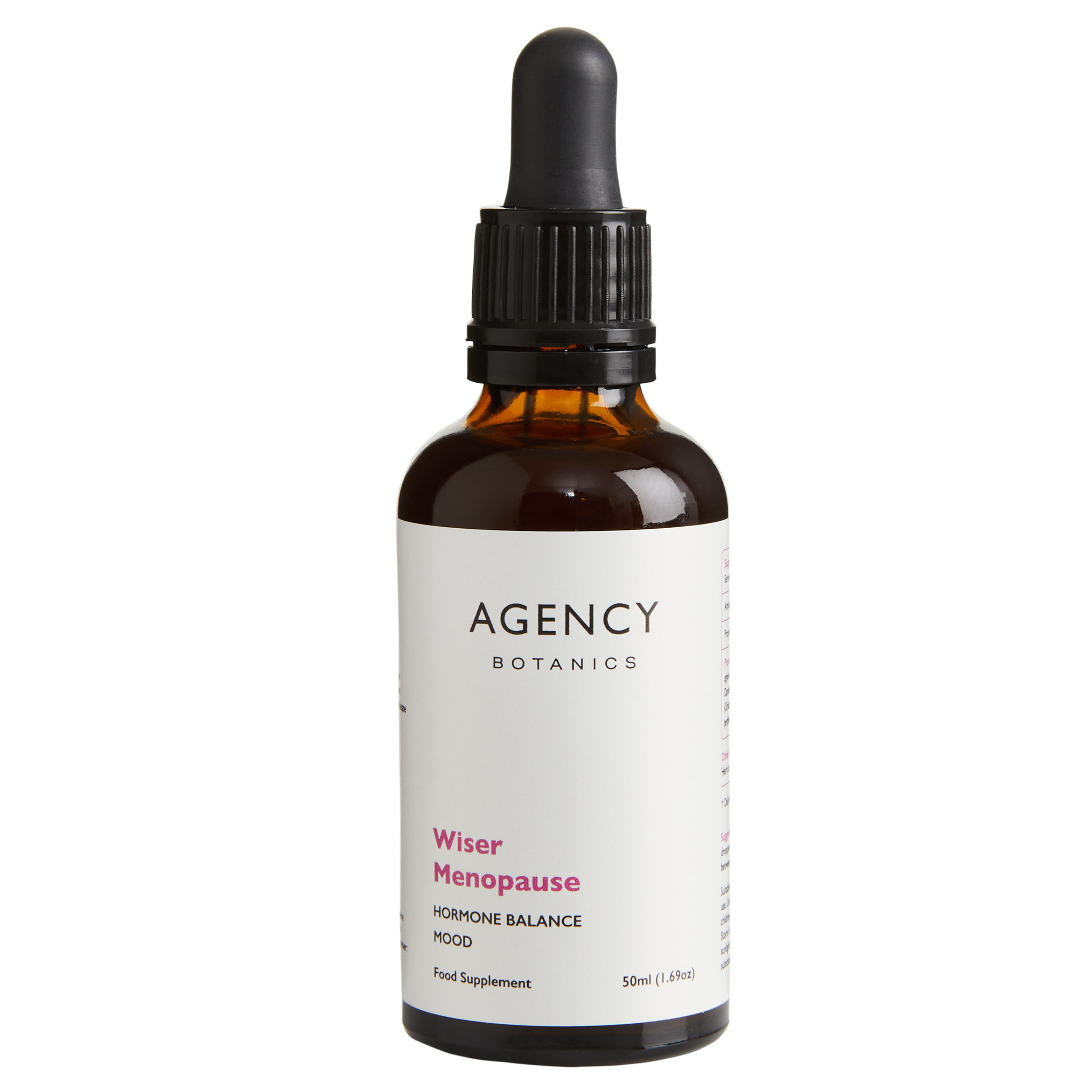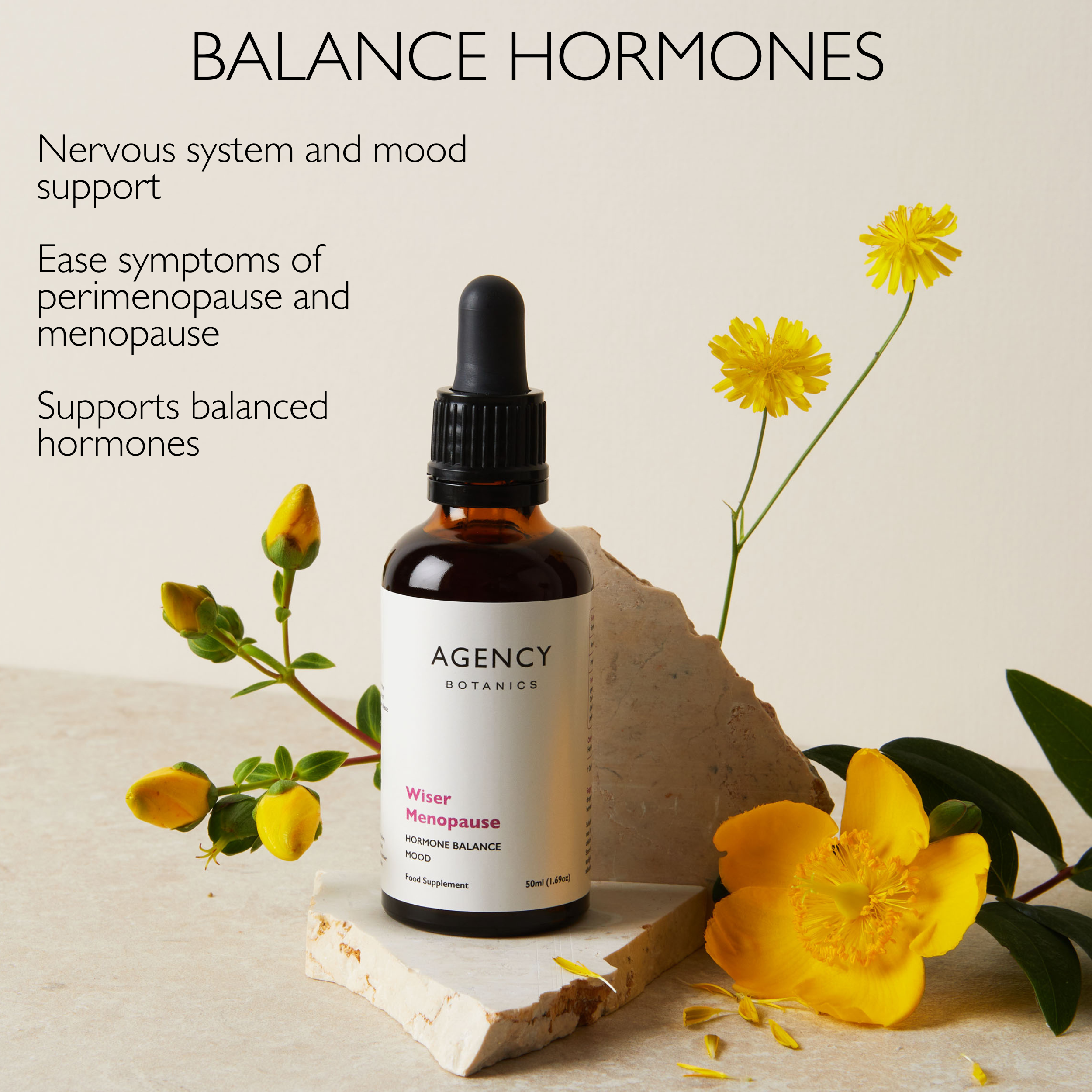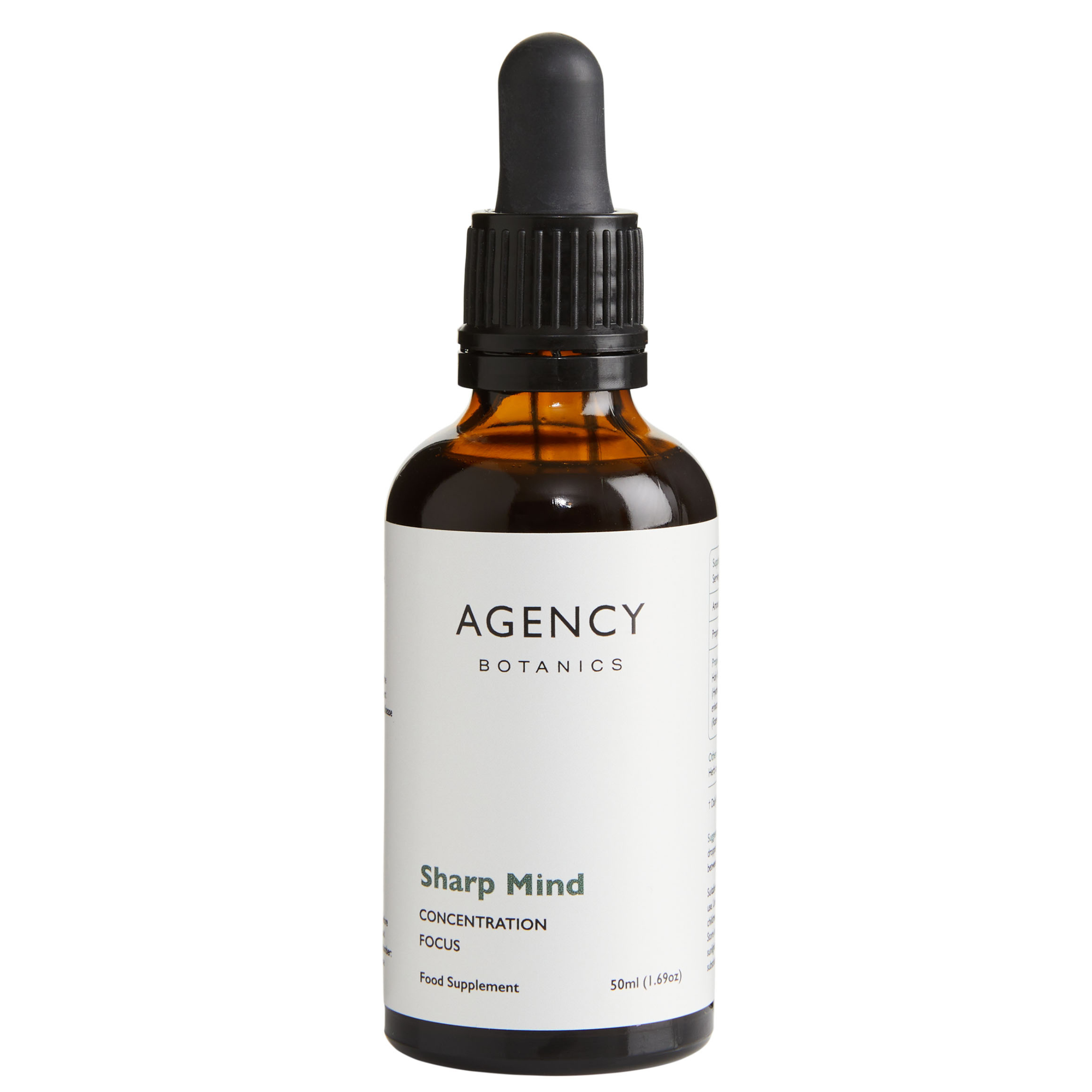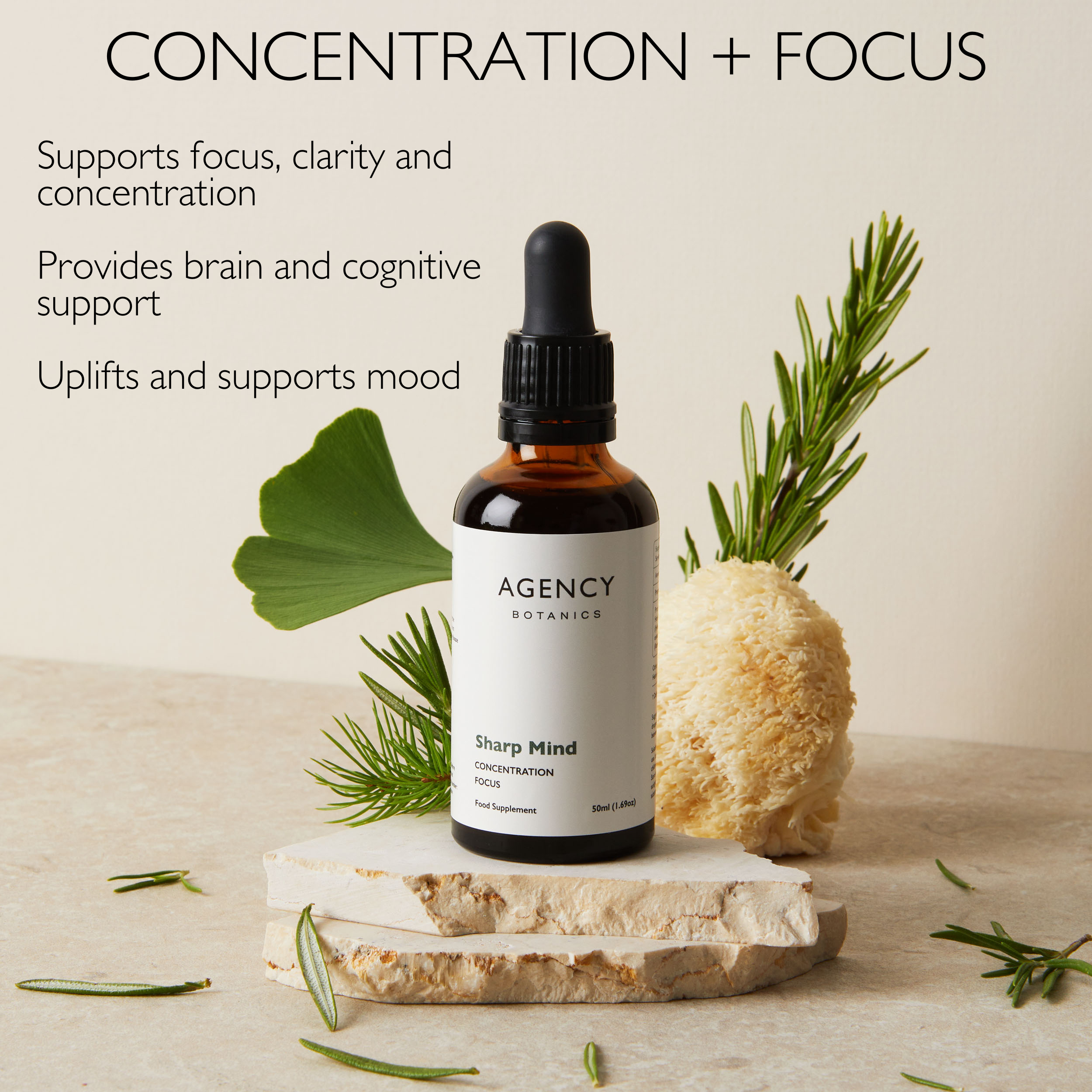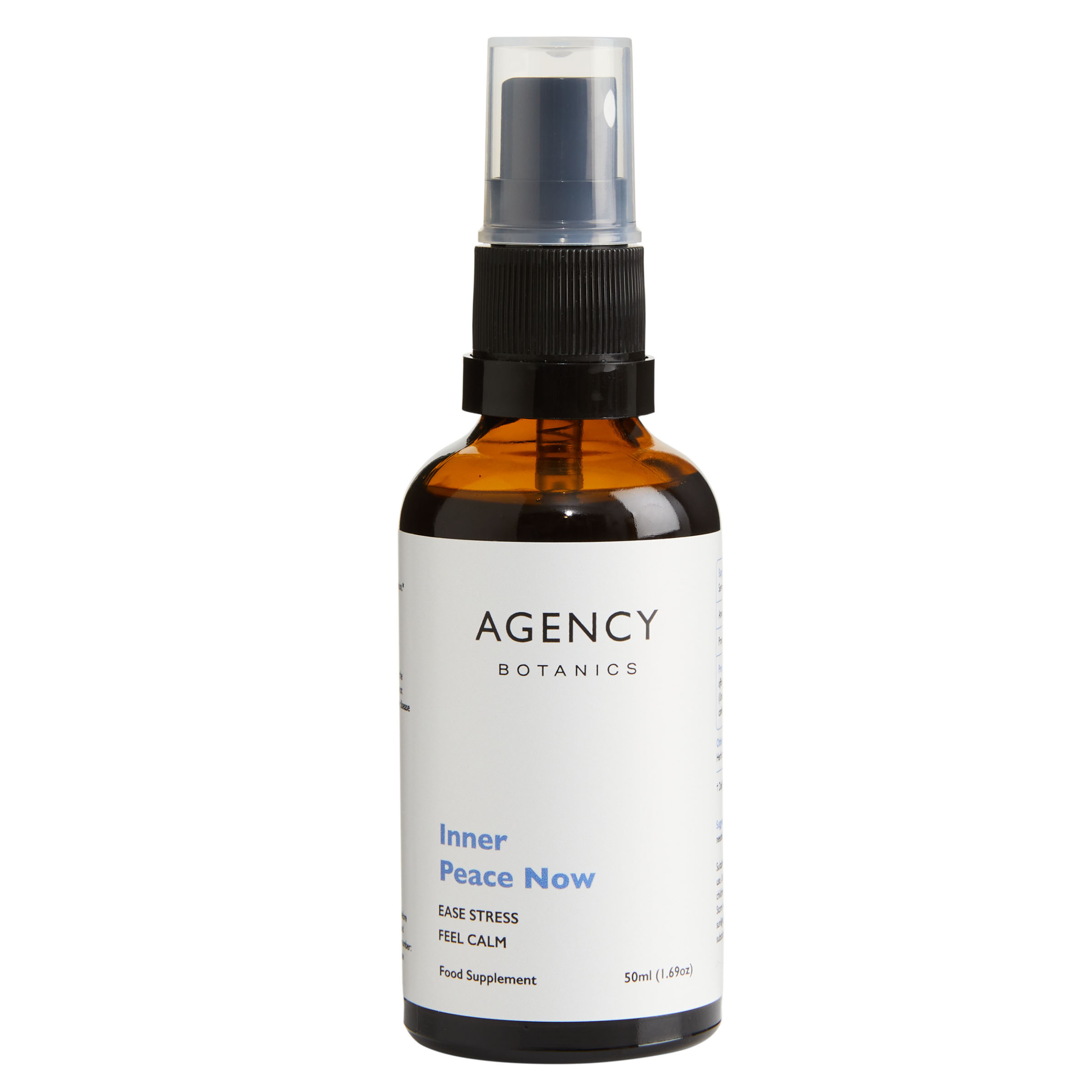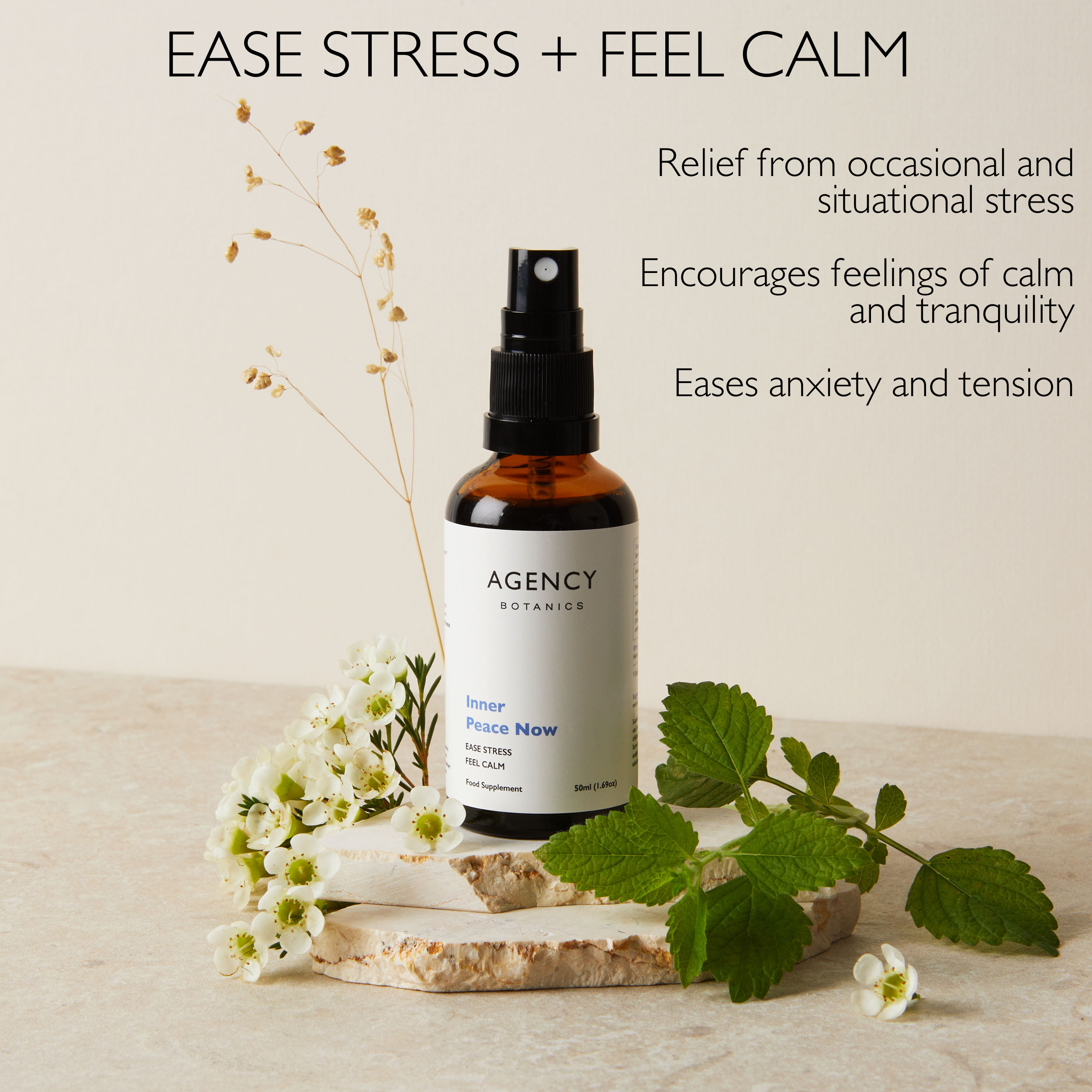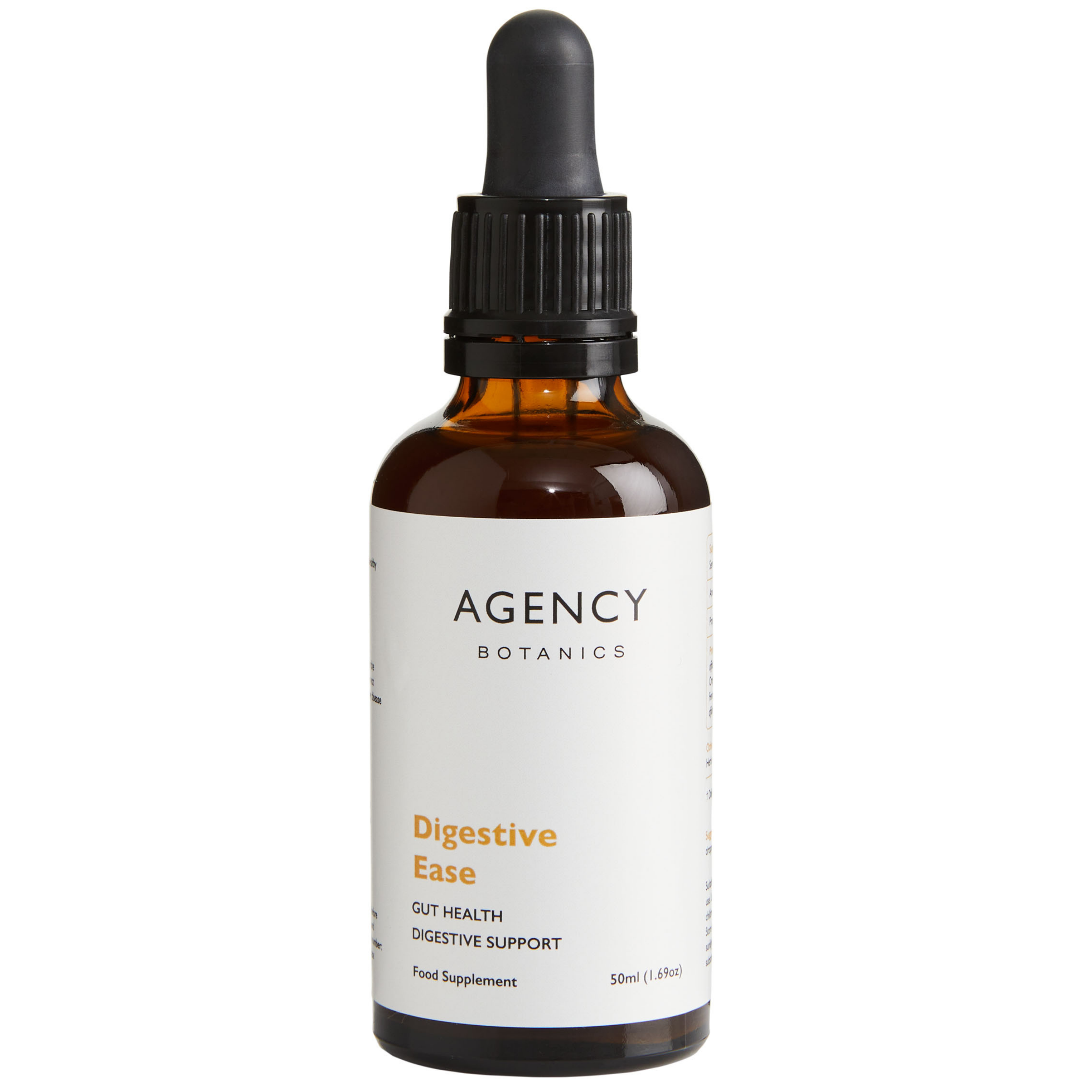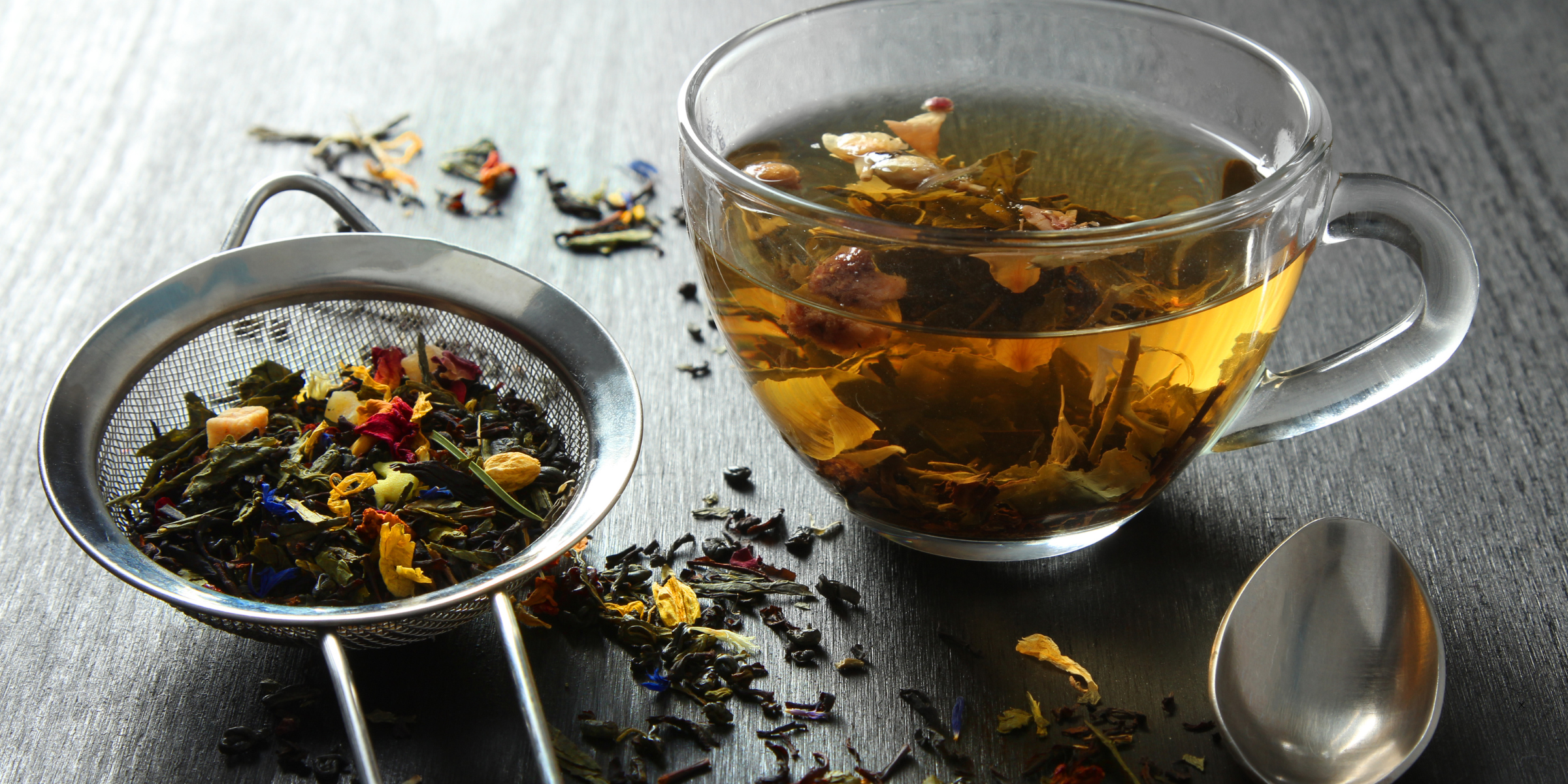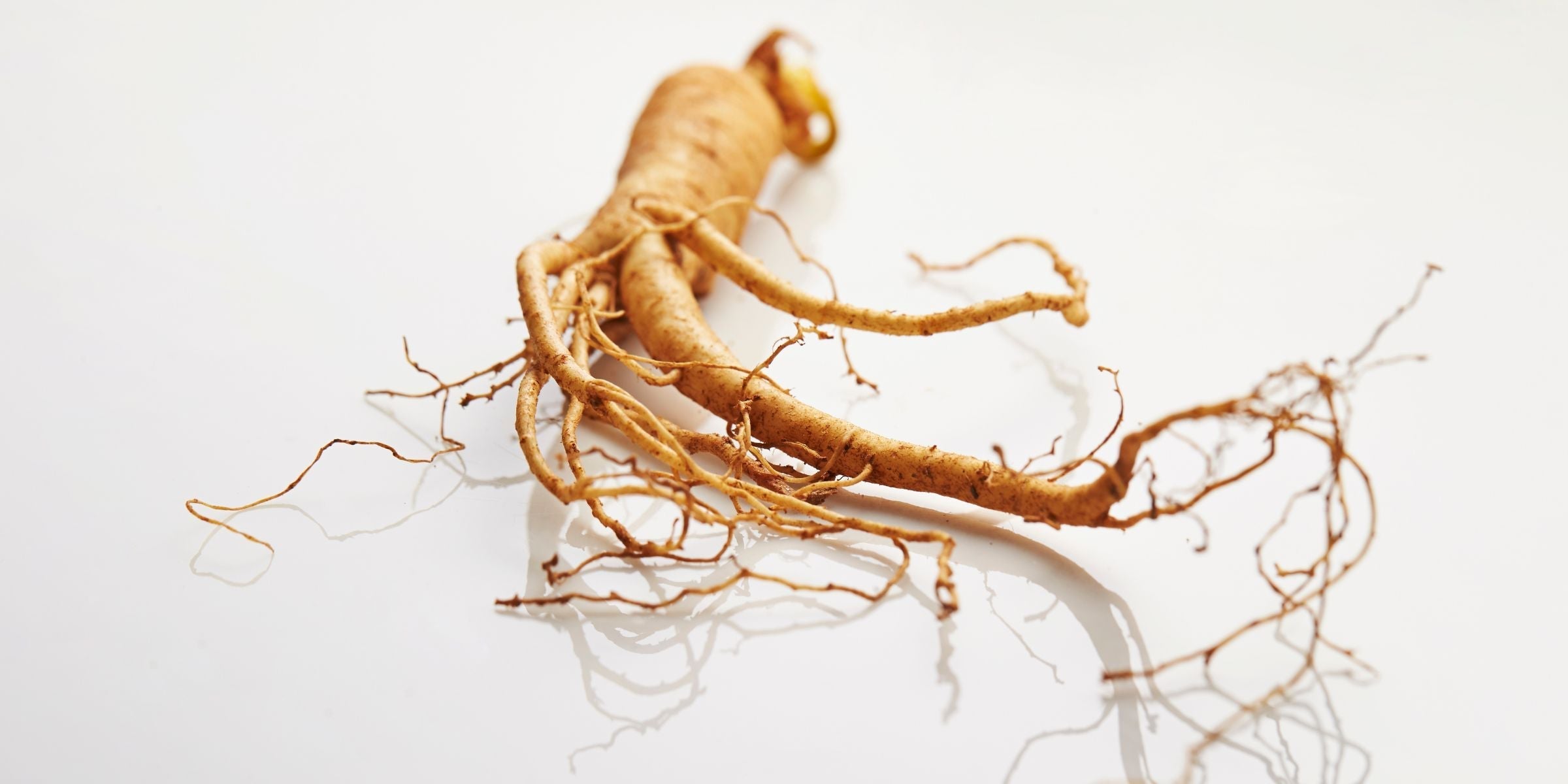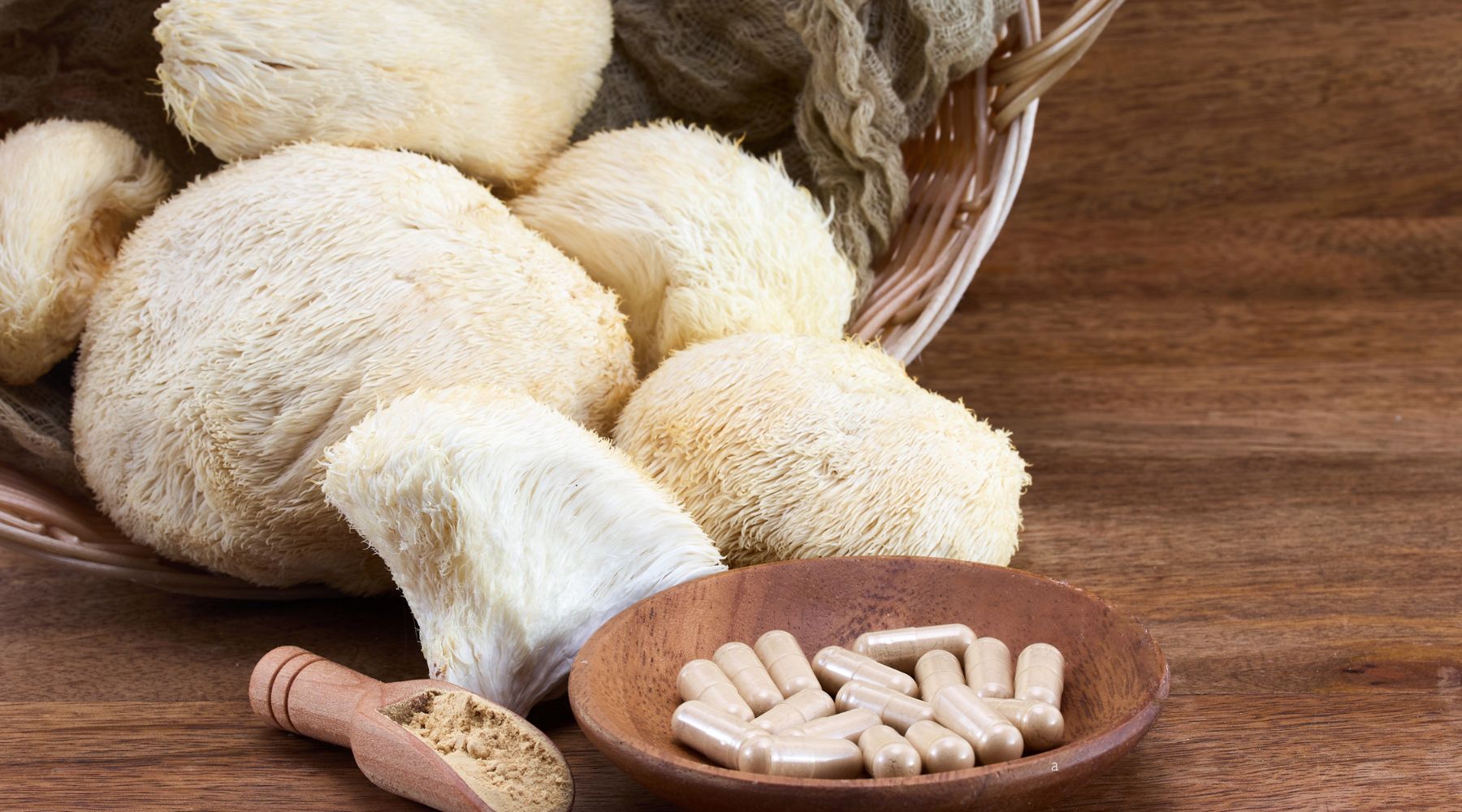
Understanding herbal nootropics for brain and cognitive health
Nootropic herbs offer a natural way to enhance mental performance, including cognition and memory. Combined with a healthy and active lifestyle, they can help strengthen and nurture the mind well into old age.
One part of aging well is maintaining mental agility and good cognitive function. Scientists don’t know exactly when cognitive function starts to decline, but some studies show that age-related cognitive decline can begin as early as in the 20s and 30s in healthy adults.
What we do in the early decades can greatly impact how the brain ages and the kind of old age we will enjoy. Without a doubt, exercise tops the list of activities that support optimal aging of the brain, but nootropics can also have a positive impact.
What are nootropics?
Nootropics, also known as ‘smart drugs’ or cognitive enhancers are a diverse group of medicinal substances whose action improves thinking, learning, attention, and memory, especially in cases where these functions are impaired.
The word 'nootropic' comes from the Greek for ‘to bend or shape the mind.' The term was first coined by Romanian physiologist and chemist, Dr. Corneliu Giurgea in 1972 to describe substances that support cognitive function and performance without causing significant side effects. They refer to a broad range of supplements including herbal remedies and nutritional supplements.
Nootropics do not act directly by releasing neurotransmitters, but by improving the brain’s supply of glucose and oxygen and protecting brain tissue from neurotoxicity.
They are metabolically active, but their effects are cumulative and they require consistent use over longer periods to produce results. They may influence neurotransmitters such as dopamine, serotonin, and acetylcholine, which play a role in cognitive function and mood regulation.
Potential benefits of nootropics:
- Support cognitive function
- Help with memory
- Promote focus and concentration
- Support mental clarity
- Manage feelings of stress and anxiety
Common herbal nootropics
Lion’s Mane mushroom (Hericium erinaceus)
Lion’s Mane is a mushroom commonly used in Traditional Chinese Medicine and has shown considerable medicinal value. Clinical trials show that Lion's Mane may stimulate the production of nerve growth factor (NGF), which promotes brain cell growth and overall brain health.
Lion’s Mane shows promising results in studies that show it supports cognitive function in adults with mild cognitive impairment. Another study found that it can improve mood, anxiety, and sleep disorders.
Ginkgo (Ginkgo biloba)
This ancient tree is rich in flavonoids and triterpene lactones that may support blood flow to the brain and protect brain cells from oxidative stress and inflammation. The herb is used to support memory, focus, and overall cognitive function.
Ginkgo has been shown to contain compounds that can scavenge free radicals and protect cells from damage. It may also help to dilate blood vessels and as a result, improve blood flow to the brain.
Gotu Kola (Centella asiatica)
Gotu Kola is an herb commonly used in Ayurvedic medicine. It is rich in triterpenoids, which can protect brain cells from oxidative stress, support blood flow to the brain, and support cognitive function.
Green Tea (Camellia sinensis)
L-Theanine is one of the major psychoactive molecules found in Green Tea. It increases the levels of tryptone (a precursor of serotonin) and leads to elevated levels of serotonin in the brain. It also tends to increase GABA levels in the brain. It is used to enhance attention and had beneficial effects on cognition through enhanced memory retention and recall.
Bacopa (Bacopa monnieri)
This plant has been used in Ayurvedic medicine for centuries for improving memory, increasing brain function, or promoting longevity. It has protective effects against amyloid toxicity and has been shown to have beneficial effects on cognitive performance.
Other studies show that Bacopa acts as a memory enhancer by improving recall. Bacopa is a calming herb and is often found in combination with other nootropic herbs such as Gotu Kola.
Golden Root (Rhodiola rosea)
Rhodiola may support energy, memory and mood, while also aiding cognition and concentration. The herb is an adaptogen, so it helps the body adapt to stress, while boosting mental performance under periods of chronic stress.
Clinical trials show that in healthy individuals, Rhodiola has anti-fatigue effects that increase mental performance, including the ability to concentrate and reduce burnout.
Other studies show encouraging results for the use of Rhodiola in mild to moderate depression, and generalized anxiety. Rhodiola is an adaptogen that helps the individual adapt to stress and increases their resilience to it.
Researchers state that: “The plant’s dual actions of cognitive stimulation and emotional calming create benefits for both immediate cognitive and memory performance, as well as for the long-term preservation of brain functions.”
Based on its long-term use in traditional medicine and numerous scientific studies, in 2011, the European Medicines Agency approved its traditional use as an adaptogen for the temporary relief of symptoms associated with stress, such as fatigue, exhaustion and a general sensation of weakness.
Lemon Balm (Melissa officinalis)
Lemon Balm is a member of the mint family and has historically been used as a medicinal, culinary, and cosmetic herb. Its high volatile oil content is mostly made up of citral, citronellal, linalool, and geraniol, which give it a sweet citrus scent that brightens and uplifts overall mood. These compounds interact with specific receptors in the brain and support relaxation, mental performance, and cognitive function.
Lemon Balm is a nervine and known for its ability to promote a sense of calm, mental focus, and tranquility. Its ability to calm is not overly sedating, which means it can be used throughout the day to relieve tension and help manage stress. Studies have shown that Lemon Balm may help to support cognitive performance by relieving feelings of stress and anxiety, which can negatively impact cognitive function.
Other ways to keep your brain healthy
Just like your muscles, your brain needs exercise to stay fit. Another way to keep your mind agile is to challenge it regularly. Here are some ways to keep your brain active:
- Play memory games
- Play racquet sports
- Do a daily puzzle.
- Learn a new language
- Use your non-dominant hand
- Take up a new sport, double points if it has a social aspect
- Learn an instrument or pick up a new one
Agency Botanics and its materials are not intended to treat, diagnose, cure or prevent any disease. All materials are provided for educational purposes only. Always seek the advice of your physician or another qualified healthcare provider for any questions regarding a medical condition, and before undertaking any diet, exercise, or other health-related programs.

